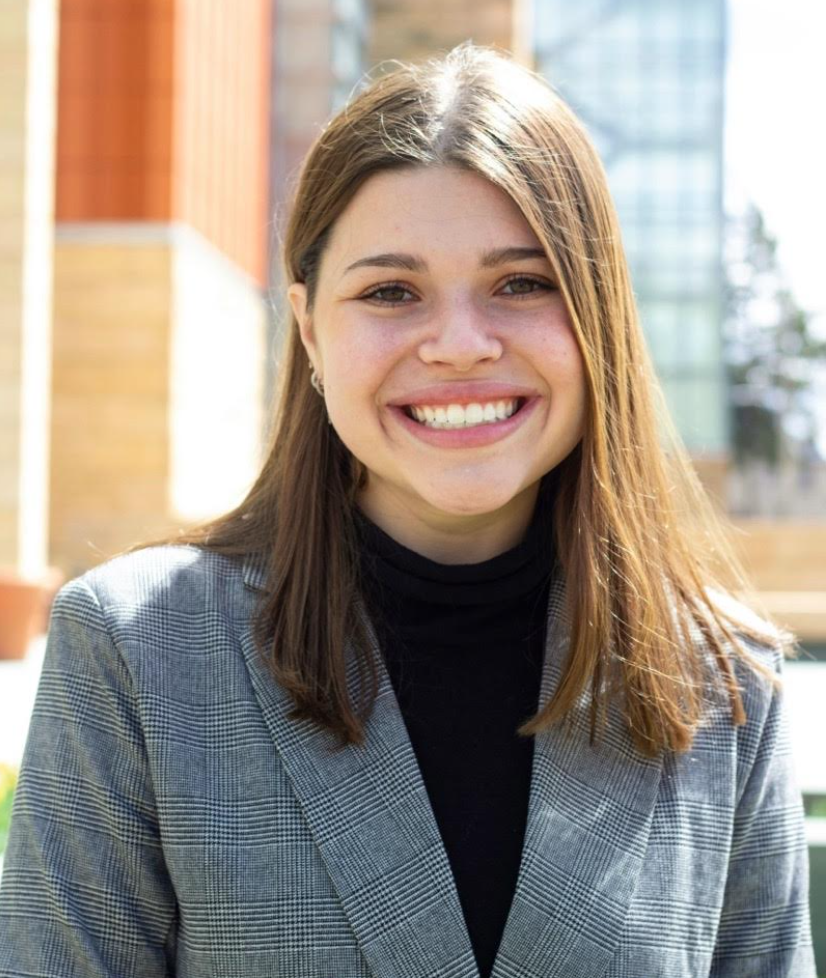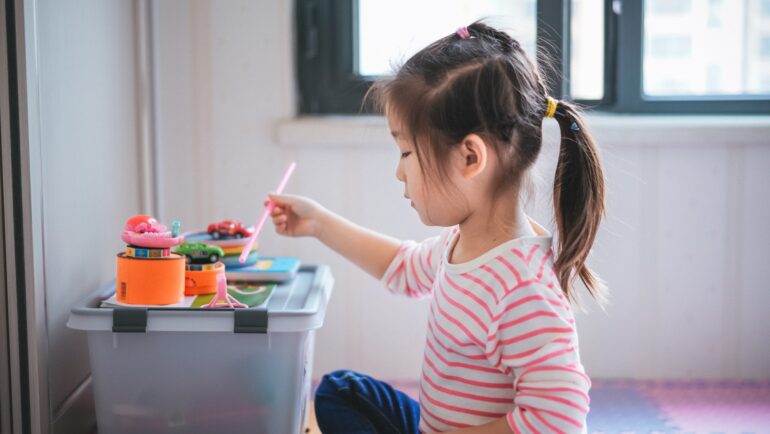If your child has ever been called a “visual,” “verbal,” or “mathematical” learner, you can attribute this realization to developmental psychologist and Harvard professor Howard Gardner.
In 1983, Gardner published his groundbreaking book called Frames of Mind, which outlines his theory of Multiple Intelligences. Rather than just one general intelligence—the kind measured by IQ tests—Gardner recognizes eight specific types of intelligence and affirms people are much better learners in certain areas than others. These eight types are: visual-spatial, linguistic-verbal, interpersonal, intrapersonal, logical-mathematical, musical, bodily-kinesthetic, and naturalistic. Ultimately, Gardner’s theory of Multiple Intelligences transformed education around the world because it allowed teachers to better focus on each child’s specific strengths.
To discuss his recently published memoir, A Synthesizing Mind, Gardner sat down for a fireside chat with Make It Better Media Group founder Susan B. Noyes. The two discussed his new book, the lasting impact of his theory of Multiple Intelligences, and takeaways from Gardner’s findings that parents, grandparents, and teachers can use to actively help with children’s education.
School systems have been undergoing major transformations throughout the pandemic, so it’s more important now than ever to apply Gardner’s findings to help each child thrive in their own learning environment. Here are 6 key tips from the chat on how to do so:
1. Let your child lead the way…
Listen to your child carefully. Watch them play, learn, and interact with others.
“Go with your child to museums at a young age, see what they gravitate towards and play with—and see if they go back there,” Gardner said. Take them to a museum, the park, or a busy city at a young age. Let your child show and tell you what they’re interested in, because the best way to uncover how they learn is to let them interact in a natural setting.
2. …and encourage them!
Gardner explains that a common mistake parents make is trying to project their own strengths onto their kids. Parents sometimes try to get their children to act how they did when they were children, or act how they want them to act—rather than letting their children grow in the ways they naturally work best. Parents, grandparents and educators should step back as children learn for themselves, but should still be there to encourage them every step of the way.
3. Individuality is key
“There’s no ideal school for every child,” Gardner said. “That’s why it’s good we get some choice in this country.”
Based on his theory of Multiple Intelligences, Gardner reminds us that each child learns differently, so there’s no “one size fits all” learning environment. With that being said, it’s essential for parents and educators to make sure each child is getting all that they need out of their current environment based on their individual strengths and learning preferences.
4. Do not underestimate parental and community involvement
Throughout the chat, Gardner referenced Reggio schools in northern Italy as his inspiration for a preferable school model. These schools take a “we” approach, opposed to the “I” approach taken by most U.S. schools.
In Reggio schools, children create personalized projects about a topic that interests them. Students collaborate to learn about their different interests, and their projects all eventually get displayed around the entire school where others can observe and learn from them too. Each day after school ends, teachers come together and debrief about what worked and what didn’t. Local parents are also continuously informed about their own kids’ studies, as well as those of other students. This makes for a continuous, informative learning experience where the entire community plays an important role.
While most U.S. schools use an individualized approach, it would be very beneficial for parents and other community members to stay well-informed about students’ learning so that the whole community watches out for each child. This provides a solidified support system children can rely on during their entire educational journey.
5. Reassure children of their continuous support
Keep reminding your child they are supported.
During the fireside chat, a parent asked Gardner about how to best promote the education of their 17 year old child who has been bullied in class for symptoms related to his Autism Spectrum Disorder diagnosis. Gardner’s main piece of advice was to reassure the child that they’re well-supported. This is a key component in keeping spirits high and maintaining a positive outlook.
“Every defeat is an opportunity,” said Gardner. “When something doesn’t work, say what can you learn from it? And take that moving forward.” This mindset will help the child thrive in the most effective way possible, regardless of developmental or other setbacks.
6. Grandparents can help, too!
Aside from parents and teachers, it is important to note the role grandparents can play in helping children with their education. At times, it can be easier for grandparents to help with children’s learning than parents because they are more far removed from daily hassles or bickering.
Gardner says that grandparents can help kids with things they know, but just as with parents and teachers, they must keep in mind that nothing can be forced on kids. Grandparents must first let the child lead the way and see how they prefer to learn. Once they recognize the child’s strengths, they should evaluate whether they can use their own expertise to help enhance the child’s learning experience. If these steps are followed, grandparents can be a very helpful asset in their grandchildren’s education.
After reflecting on his previous findings from Multiple Intelligences, Gardner leaves viewers with an important idea to keep in mind moving forward. His memoir discusses in detail what he deems the most important skill of the 21st century: synthesizing information. Synthesis involves taking a lot of information, organizing it, and reorganizing it in your mind in ways that it can be useful to yourself and others. We currently don’t have much research or experience in this topic, because it’s very difficult for psychologists to model in a lab setting.
Information synthesis is a skill Gardner has heavily dove into through recent studies, which you can read extensively about on his website. In the meantime, be sure to keep these six tips based on Gardner’s previous findings in mind to help the children in your life excel in their learning environments.
More from Better:
- The Cru Founder Tiffany Dufu Talks Equal Pay, Dropping the Ball and Lifting Up Women
- How My Disabled Son Has Given Me Hope During the Pandemic
- Family Philanthropy: Expert Financial Tips to Help You Align Your Money with Mission in 2021

Alexa Weinberg is a summer intern for the editorial staff at Better. She is currently working toward a Cognitive Science and Psychology degree at the University of Michigan with a minor in Writing. At school, she works to promote her love of writing through various organizations, including Project WriteOn and WOLV-TV. In her free time she enjoys running, reading, and spending time with friends and family.

